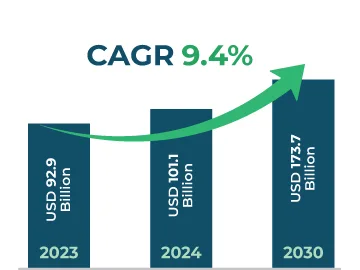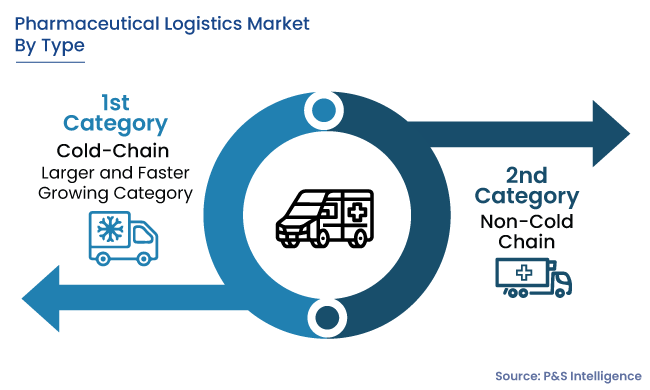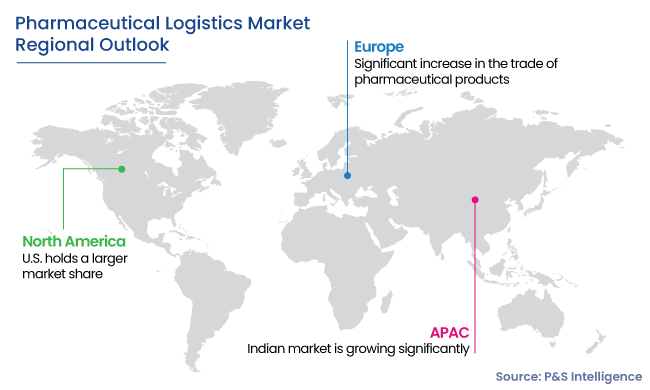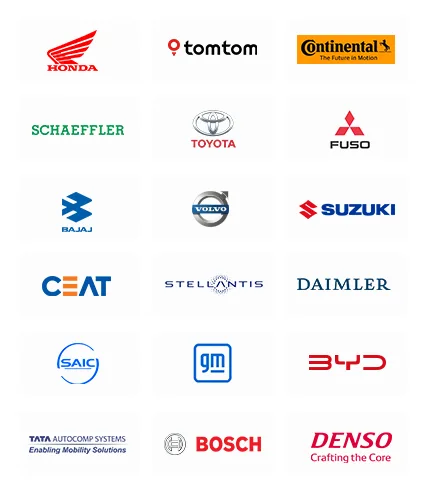Pharmaceutical Logistics Market Analysis
The global pharmaceutical logistics market generated revenue of USD 92.9 billion in 2023, which is expected to witness a CAGR of 9.4% during 2024–2030, to reach USD 173.7 billion by 2030. COVID-19 has driven the growth of the market as the trade of drugs. Exceptional supply chain control is attained through the use of advanced technologies, such as radio-frequency identification (RFID) and the internet of things (IoT) improve its visibility and efficiency.
In February 2024, the Indo-Pacific Economic Framework for Prosperity (IPEF) agreement pertaining to supply chain resilience will come into effect. The pact involves 14 partner nations, including Australia, Japan, and India. The agreement aims to coordinate supply chain resilience amongst IPEF partners in order to establish supply chains that are secure.
Further, since logistics is a key emitter of GHGs, companies are making efforts to comply with the government guidelines on pollution reduction. For instance, Gland Pharma is implementing steps to regularly monitor the air quality at its manufacturing sites and restrict emissions. It has also begun to use electric vehicles to transport materials at various stages of the pharma supply chain between its production sites.





